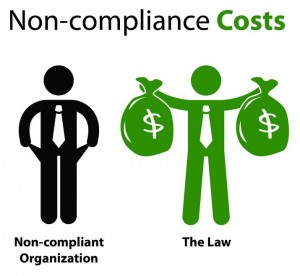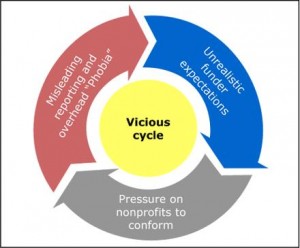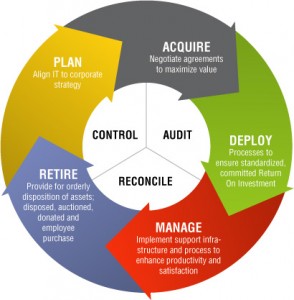Often, in massive organizations, overhauls are necessary. Staffs are changed, employees boosted, equipment replaced, and nowadays, software is updated and replaced. In the case of corporations that employ software, there are countless needs that dictate constant change in programs. However, there is no easy way to solve the problem of deployment and organization of such programs, which is why the need for software asset management (SAM) has become evident and important in structuring a company.
10. Reduces Software and Support Costs
Software plays a huge role in supporting nearly every branch of a company. This is why it is of the utmost importance that software is deployed and supported efficiently as opposed to being deployed in a clunky manner. If the latter were to happen, the cost of employing the system would rise as unforeseen problem within the company might arise. SAM allows for a smoother transition and implementation of any software.
9. Enforces Compliance in all the Company
In structuring the company and the software to be deployed, companies are often subject to scattershot policies in terms of desktop standards. These standards can include the different programs that are standard on a computer, to the different sites and applications that are not allowed on a site. A properly employed SAM enforces the proper form and structure in desktop standards and compliance will usually rise with a well planned SAM.
8. Security Policies are improved
Depending on the type of software to be integrated into the company, security policies will often arise to protect the integrity of both personal and company information. SAMs aid in this aspect by properly laying out the program in each individual work station, often posting restrictions as they were meant to be assigned.
7. Eliminating Unneeded Software
Much like a consumer purchasing a program for a singular purpose, companies can also fall prey to unused software licenses. Programs are built to be versatile, and often encompass more than a few features. Some of these features might not even be usable to a company. A SAM will designate such unused licenses and will eliminate them by renegotiating contracts that pertain to the said software.
6. Improves Worker Efficiency
Workshops are often aimed at workers that have little to no knowledge of how certain programs work. This is also where SAM can be beneficial as it will often deploy the right program or feature in the correct branch of the company. Instead of results being muddled or downtime being caused, SAM cuts down any chance of mistakes.
5. Limits the Overhead
Overhead is often the product of many different elements. However, in software, maintenance is often the leading cause of large overhead costs. Implementing a proper SAM will streamline many aspects such as tracking, and will inevitably lower costs associated with such actions. This will allow your company to save much more money in terms of software maintenance.
4. Increases the efficiency of long term planning
SAM is essentially a means to plan out the right software and how to streamline use and deployment. In the long term, a standing SAM will enable any form of quick replacement and update to any future software that is to be implemented into the company. The overhauls will be much quicker and easier when the time comes, and the established SAM can be edited as necessary.
3. Tactical deployment ensures quick use
SAM serves many functions, but the most important one is that it creates a tactical plan in deploying programs and software. Each branch can be tackled step by step instead of in a massive move where problems may arise. It will also serve as a starting point for any future plans that may involve the SAM.
2. SAM Technology
As was mentioned before, many aspects of SAM are designed to streamline many functions of a company and to drive down costs. The technology involved in maximizing SAM covers many different parts of the company, like patching, inventory, and even application control. In tandem with each other, they create an environment wherein control is both versatile and centralized.
1. Improves general company efficiency
Companies are meant to work as a massive machine, with each branch serving a specific function. Control of the software in that machine must be vested in such a way that it can be comparable to a brain. A piece of software that dictates other programs and sets standards for the use of those tools is essential and when done right, eliminates a lot of human error.
Leave a Reply